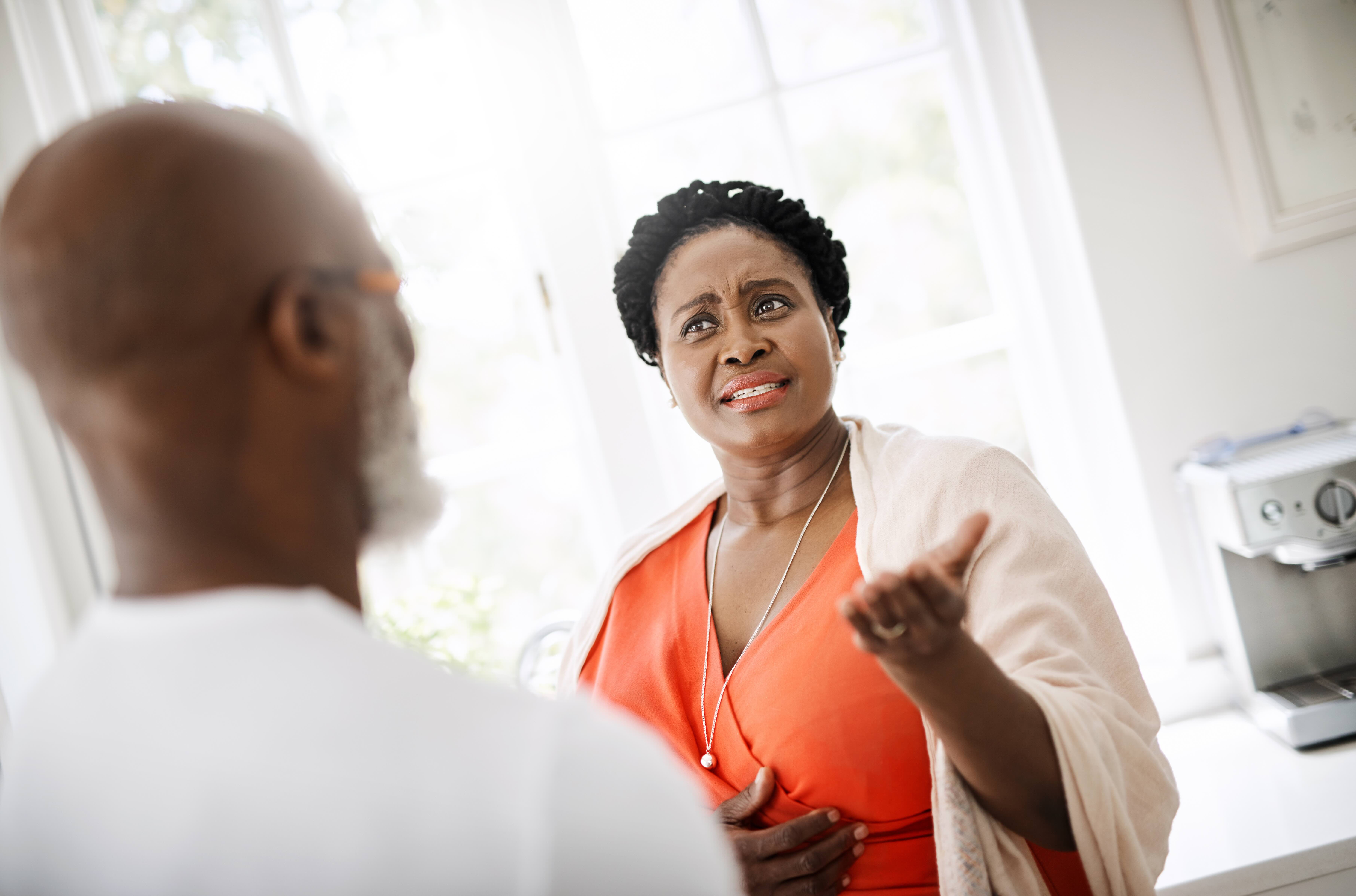
Health & Medicine
Domestic violence linked to alcohol use is a national emergency

Australia’s opposition says early access to superannuation is an election policy for the party’s campaign. But we’ve already seen it makes women vulnerable to economic abuse
Published 24 April 2024
Australian headlines reporting the violent deaths of women have become disturbingly common.
It’s only April, and already at least 24 Australian women have been killed violently.

The rural Victorian town of Ballarat became the focus of national attention after the deaths of three women, each alleged to have been murdered by a man. And it’s alleged two of those women – Hannah McGuire and Rebecca Young – lost their lives at the hands of their former or current partner.
It’s fair to say that the fact that more than 2.5 million women in Australia, starting at age 15, have experienced violence by an intimate partner is a cause for “national shame”.
For every woman murdered, there’s a ripple effect of fear that spreads across all women (and a smaller group of men) impacted by domestic violence.

Health & Medicine
Domestic violence linked to alcohol use is a national emergency
The definition of domestic and family violence is abusive and violent behaviour towards a partner, former partner or family member. And it often extends beyond physical violence into actions that control, humiliate or scare.
This is important. Intimate partner violence does not only involve physical violence. There’s now an increasing number of women reporting financial or economic abuse – an insidious form of the control exerted by their partners and ex-partners.
Financial or economic abuse refers to tactics used to control someone’s ability to acquire, use, and maintain their own money or resources.
This can, in turn, mean a person becomes economically dependent and may limit their ability to leave an abusive relationship or to have to choose between poverty and violence.

Studies on the prevalence of financial abuse in Australia suggest that the majority of people who experience domestic violence also report economic abuse as a tactic used by the perpetrator.
In fact, a 2022 report by the Centre for Women’s Economic Safety found 13,000 customers experiencing domestic violence also called their bank over a 12-month period requesting help from a specialist team.
In short, this tells us that financial abuse is pervasive in relationships where there is domestic violence.

Health & Medicine
Poverty is trapping women in abusive relationships
During the tough times of the COVID pandemic in Australia, the Coalition Government at the time experimented with allowing people to access their superannuation early. The scheme let people withdraw $AU10,000 between April and June, 2020, and a further $AU10,000 between July and December the same year.
It was a bold call. Around 3.5 million applications were approved initially, with a further 1.4 million approved in the second round. This totalled around $AU36.4 billion of superannuation savings.
A survey by the Australian Institute of Family Studies found most people accessing these payments were using the money as bridging finance during a time of high need in COVID.
But there were also very concerning trends that emerged.

Women in all age brackets drew down proportionally more superannuation than men. This created an even wider superannuation gap for these women compared with men later in life.
Within this group of women, there’s also a worrying number who reported coercion to draw down on their superfunds.
There are suggestions that up to 70,000 Australia women were forced, humiliated or scared into accessing their superannuation savings early.

Health & Medicine
Let’s not wait for the next attack. We can act
This is not a small, marginal group of women. It’s a sizeable number.
At the time, the Finance Minister, Mathias Cormann, stated: “I think everyone knows that you have to accept certain trade-offs when there is a need for speed.”
In 2024, it’s unacceptable to any longer think (let alone say) that the impact on women generally, and on women living with domestic violence, is a ‘trade-off’.
It’s unacceptable in the short term, for those women coerced to draw down their superannuation early, and in the long term with the ongoing contribution to gender inequality in old age.
You may think that this scheme is now done and dusted.

But recently Michael Sukkar, the shadow minister for housing for the Liberal Party, said early access to superannuation funds is a flagship policy in the party’s election platform as a response to rising house prices.
The proposed amount of available superannuation is significantly greater than before – around $AU50,000 as the starting point starting point – but only for first-time home buyers and includes a payback scheme.
This differs from an existing scheme currently available (the First home super saver scheme) which allows people to use up to $AU50,000 their voluntary super contributions.
The proposed scheme appears to be higher risk. This is not just a woman’s extra voluntary contributions (over which they have some control) we’re talking about, but a very significant amount of a woman’s overall superannuation can be drawn down.

Health & Medicine
The unexpected drop in intimate partner violence
There is no mention of domestic violence or addressing coercion and abuse. And with an increase in the amount of money available, there’s greater potential leverage for financial abuse.
The Centre for Women’s Economic Safety directly addresses this when they say that the “starting point is to identify the ways products are weaponised to cause harm and to consider potential design options to prevent, disrupt and respond that also address the underlying drivers of gendered violence against women”.
Domestic violence takes many forms. It can tragically result in death. But it can also result in damaging the ongoing wellbeing and economic security of women’s lives.
This policy provides an opening for economic abuse and must be ‘nipped in the bud’.
We have already seen the pathway this experiment can lead to for those living and struggling with domestic violence.
Let’s not built this vulnerability into future economic policy under the umbrella of innovation and a distorted way out of our country’s housing crisis.
If you or anyone you know needs help or support, you can contact: 1800 Respect national helpline: 1800 737 732 Lifeline: 131 114
Banner: Getty Images